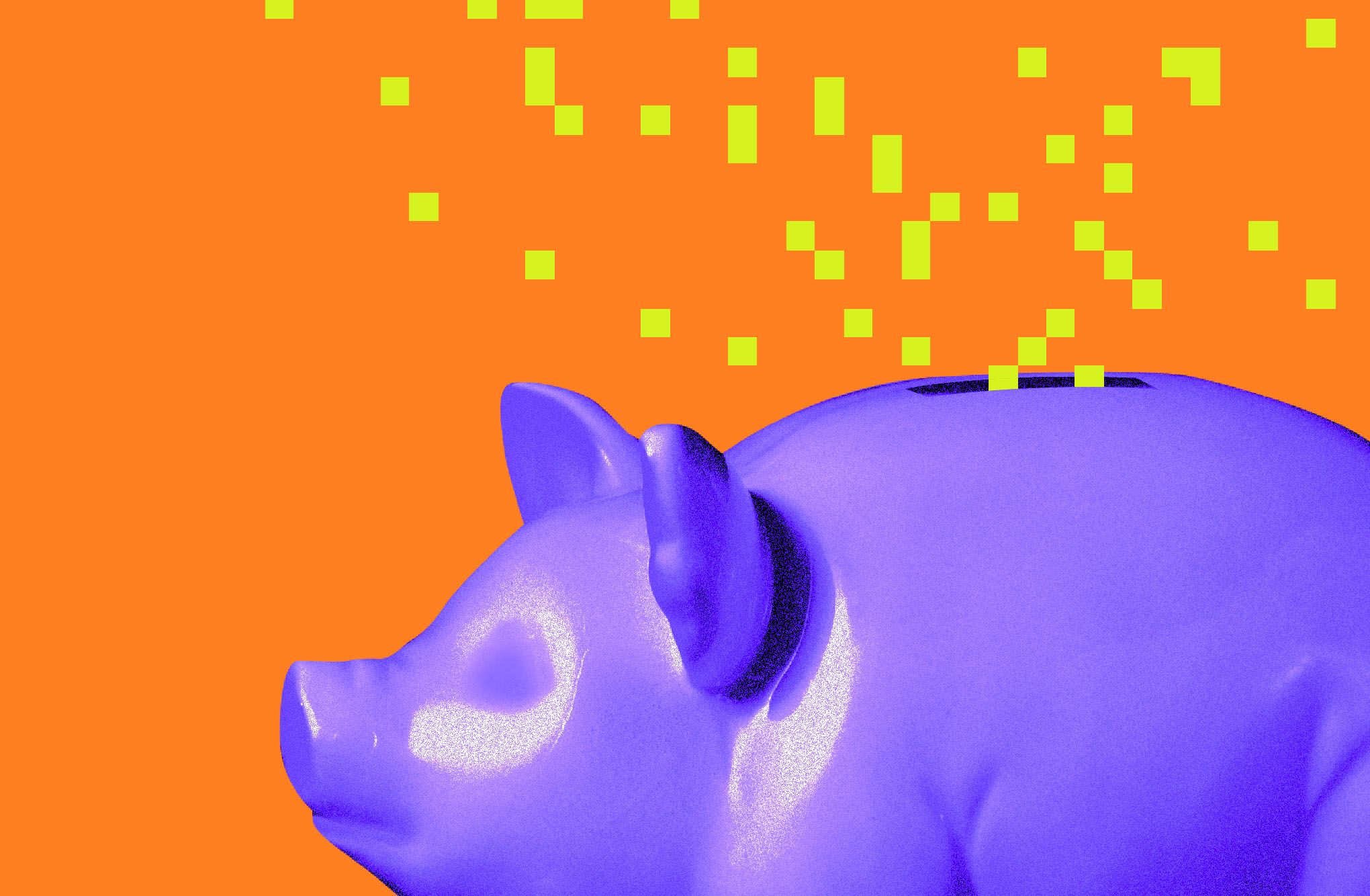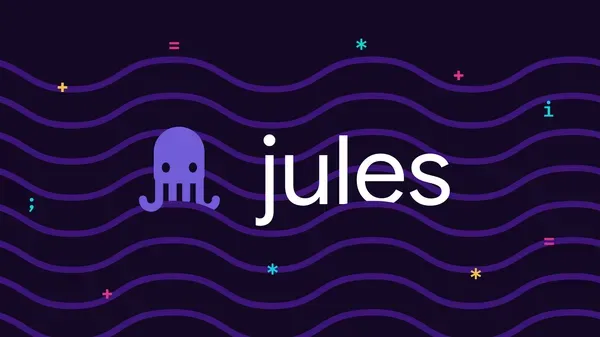Robinhood just flipped the script on copy trading. Nine months after CEO Vlad Tenev suggested rival platforms only survived by flying "under the radar" of regulators, the company announced Robinhood Social - a feature letting users manually replicate trades from prominent investors and Congress members. The move signals a major regulatory shift that could open floodgates for fintech competitors.
Robinhood just pulled off one of fintech's most brazen about-faces. The trading platform that once warned copy trading startups about flying "under the radar" of regulators has now announced its own entry into the space with Robinhood Social.
The timing couldn't be more pointed. Back in December, Robinhood CEO Vlad Tenev told TechCrunch that upstart copy trading platform Dub could operate primarily because of its smaller size, suggesting "copy trading could become of greater interest to regulators" and that Dub wasn't yet under the regulatory "magnifying glass."
Now Robinhood's betting the regulatory landscape has shifted enough to safely enter the market it once viewed as risky territory. The move represents a striking pivot for a company that famously ditched its celebratory digital confetti feature ahead of its 2021 IPO after regulators raised concerns about gamifying trading.
The announcement, made at Robinhood's company event Tuesday, immediately raised questions about whether the platform had acquired four-year-old Dub, which raised $47 million earlier this year. But Robinhood quickly shot down acquisition speculation, with a spokesperson telling TechCrunch via email: "No, this is not an acquisition, we are building our own platform in Robinhood."
The denial comes after months of pointed criticism from Dub's 23-year-old founder Steven Wang, who positioned his platform as a more educationally-focused alternative to traditional trading apps. "Making it super easy to trade without expert guidance, without education, is really just gambling for the broader population," Wang told TechCrunch in February.
Wang also criticized Robinhood's decision to offer meme coins like TRUMP, arguing the incentives are "misaligned between these big platforms that are public companies now that need to make money." His platform includes risk scores, risk-adjusted returns, and portfolio stability metrics - features designed to promote safer trading practices.





